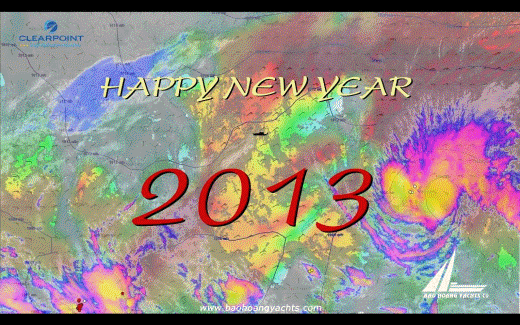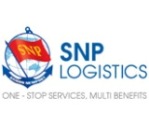Here are a few ideas on what we should expect in 2019 and 2020 from expert Bob McQueen, Industry Consultant, Teradata Government/Transportation.
The emerging smart cities initiative will mature, with a growing recognition of the need for a coherent and structured approach to ensure that separate initiatives and programs fit together and complement each other. This will be an important element in achieving the return on investment required to justify the programs.
Smart data management will play a crucial role in this. This will involve the ingestion of data from multiple sources, persistence of the data and the conduct of advanced analytics. In essence, cities will seek to move from data collection, through information processing, to the development of insight and understanding that forms the basis for appropriate strategies and responses.
US transit agencies are under considerable pressure due to loss of ridership. They will adopt innovative strategies to increase ridership in 2019. This will include an understanding of the prevailing conditions and the adoption of a "market segment of one" approach to customized service delivery. This will involve partnerships with the private sector to ensure that efforts are aligned. As agencies gain a deeper understanding of service quality levels and the influencing factors, some agencies may consider the adoption of a money back guarantee policy, based on a higher level of confidence regarding service quality and reliability
Across transportation generally, the availability of a wider range of data, combined with the ability to manage large data sets will result in a reevaluation of the investment program, work program and budget development processes. This will feature the adoption of results driven approaches to budget development based on measurement of the effects of investments.
We are already seeing this in one of two leading agencies across the US and this trend will continue as big data and analytics enable us to take a scientific approach to investment planning for transportation. The focus will switch the answers to concise questions like "if I want to influence a modal shift in favor of transit, then where should I invest, how much should I invest and what results can I expect?”












